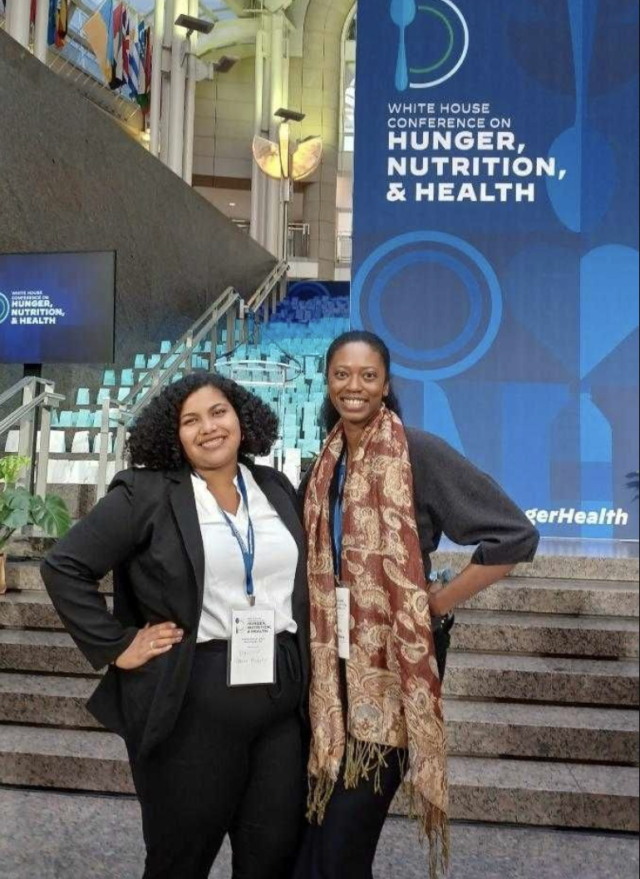
On September 27, the White House announced a National Strategy on Hunger, Nutrition and Health. The strategy is welcome, and sets forward guidance across the federal government and society on ending hunger and increasing healthy eating and physical activity by 2030. The goal is for fewer Americans to experience diet-related diseases—while reducing related health disparities.
This strategy is made possible and informed by months of consultations with stakeholders across the country, including young people, farmers, and advocates. We are especially pleased with the strong focus on community projects like urban agriculture and the proposed use of Community Development Block Grants (CDBG), Section 108 loan program funding, and Choice Neighborhood funding to support food access, including to increase access to neighborhood markets, grocery stores, farmers markets, urban gardens, food incubators, and/or the conversion of vacant buildings into food hubs. We also look forward to working with USDA so young, small, diversified and underserved farmers can provide healthy, nutritious, and local foods to schools, communities, and nutrition assistance programs.
“In our 2022 National Survey Report, 1,412 young farmers stated that they farm to feed their communities. We believe that by equipping our current and next generation with the resources they need, like land, capital, accessible markets, and housing, they can farm for the health of our communities and planet. We call upon federal agencies when operationalizing this national strategy to include young farmers and young food system leaders as part of their implementation,” said Vanessa García Polanco, Policy Campaigns Co-Director at the National Young Farmers Coalition.
On September 28, Young Farmers staff attended the White House Conference on Food, Nutrition and Health where the National Strategy on Hunger, Nutrition and Health pillars were being socialized among stakeholders. “The pillars focused heavily on closing gaps in food security and addressing health disparities associated with how we consume food. However, a significant factor to making the related outcomes possible is ensuring the security of this next generation of young farmers that are needed to source the diversified crops our health and wellness depends on. The actions needed to eradicate hunger and improve food access are holistic and include addressing those barriers found in the middle of growers and consumers affordably and equitably accessing each other” said Salima Jones Daily, Interim Executive Director at the National Young Farmers Coalition.